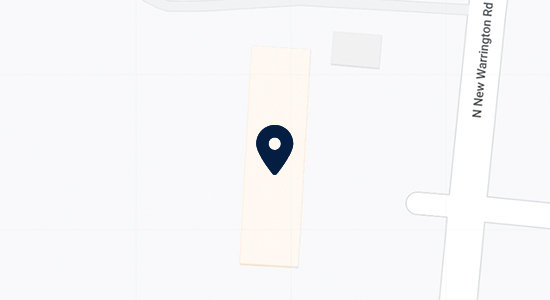- Free Consultation: (251) 483-1440 Tap Here to Call Us
What Is Supervised Visitation?

When a marriage with children comes to an end, one of the most challenging aspects to work out is child custody and visitation. It’s common for parents to contest custody and visitation rights as valuable parenting time is on the line. Parents often cannot come to a mutual agreement outside of court. When this happens, the court will determine custody and parenting arrangements that preserve the child’s best interests. For the most part, the court believes it’s in a child’s best interest to benefit from being nurtured through an ongoing relationship with both parents. However, if one or both parents pose a threat to the child’s physical, emotional, or mental health, they may only award supervised visitation. Please continue reading to learn when supervised visitation is ordered and how an experienced Pensacola Child Custody Lawyer can help guide you through every step of this emotional legal process.
When is Supervised Visitation Necessary?
Florida law establishes a standard that both parents should remain involved in their child’s life even though their marriage has ended. The court will generally find adequate visitation and access to both parents to serve the child’s best interests. However, they will determine each parent’s fitness to ensure a child’s safety and well-being. If the court has reason to believe the child is not safe alone in the care of a parent, they will limit the amount they can see the child and require a trusted individual to supervise their interactions. The following includes some examples of situations where supervised visitation may be ordered:
- There have been accusations of physical, sexual, or emotional abuse
- There have been accusations of neglect
- A parent has a substance abuse problem
- A parent has an uncontrolled mental illness that poses harm to the child
- A parent presents a flight risk (there’s a risk of kidnapping or abduction)
- A parent has been absent from the child’s life and wants to start a relationship
How long will it be imposed?
When supervised visits are ordered, there will often be designated locations. This may include a public or private space. For example, a supervised visit could occur at a local park or a grandparent’s home. This is ultimately up to the court to determine what is best for the child. In most cases, a trained individual such as a social worker will be assigned to minor the non-custodial parent for the duration of the visits. However, some parents may agree to have other trusted adults supervise the visits, such as the child’s grandparents. Whether it’s a trained expert or a family member, whoever is responsible for overseeing the interactions must follow the rules, such as not permitting the parent to be alone with the child.
Furthermore, supervised visits are typically only ordered temporarily until the non-custodial parent can prove that they no longer pose a risk to the safety and well-being of their child. For instance, if a parent has an uncontrolled mental illness but completes a treatment program and no longer presents a potential risk to the child, then the court may award unsupervised visits.
For more information regarding supervised visitation, please don’t hesitate to contact a determined Pensacola child custody lawyer. At The Law Office of James M. Burns, we are prepared to help you safeguard your parental rights and your child’s best interests.












